

Its main concern is with peace and security and with human welfare, in so far as they can be subserved by the educational and scientific and cultural relations of the peoples of the world. Accordingly its outlook must, it seems, be based on some form of humanism.
Julian Huxley, UNESCO: Its Purpose and Philosophy (1946)
The United Nations Educational, Scientific and Cultural Organization (UNESCO) was founded in 1945 as the UN agency tasked with promoting international peace through educational, scientific and cultural exchange. Its founding Director Julian Huxley was also the first President of the British Humanist Association (now Humanists UK) and many of its founding principles and objectives were explicitly humanist in tone and content.
In the first place, it is international, and must serve the ends and objects of the United Nations, which in the long perspective are world ends, ends for humanity as a whole.
Julian Huxley, UNESCO: Its Purpose and Philosophy (1946)
In 1942 the Conference of Allied Ministers of Education (CAME) began to devise ways of rebuilding their education systems after the Second World War. By the time peace broke out in 1945, representatives from forty-four countries had arranged to establish a new organisation promoting the ‘intellectual and moral solidarity of mankind’ and thereby helping to prevent the outbreak of yet another war. Eminent biologist and internationalist Julian Huxley emerged as a leader of the fledgling organisation and was eventually elected its first Director General in 1946.
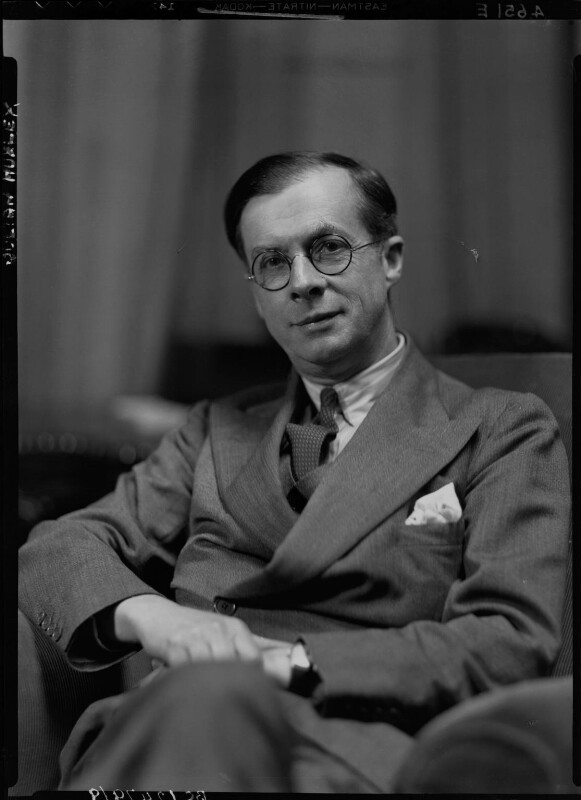
Huxley’s 1946 essay UNESCO: Its Purpose and its Philosophy lays out many of the goals and methods that he sought to employ in the organisation’s early days. It outlines the need to apply universalist ideals – to seek better ends ‘for humanity as a whole’ – and it makes clear the link between education, science, culture and the need to bring warring nations together. Doing so necessitated that its values were not rooted in the ‘competing theologies of the world’ or in ‘politico-economic doctrines’. Instead, he argued that ‘its outlook must, it seems, be based on some form of humanism’.
In its early years UNESCO launched a number of initiatives that aimed to reduce racial inequality, stressing the universal equality of humanity, and tackle entrenched thinking around ‘inferior’ and ‘superior’ races. A major publicity drive on behalf of UNESCO’s Department of Social Science prompted the New York Times to write in 1950 that ‘whatever form it takes, racism is an evil force, and to the extent that UNESCO can kill it by the truth, it will do good’. The organisation’s work in this area was not without controversy at the time. UNESCO studies were widely used by civil rights activists in the USA and apartheid South Africa withdrew in 1956, in protest at undue ‘interference’ in its internal affairs. Nelson Mandela eventually took his country back into UNESCO in 1994.
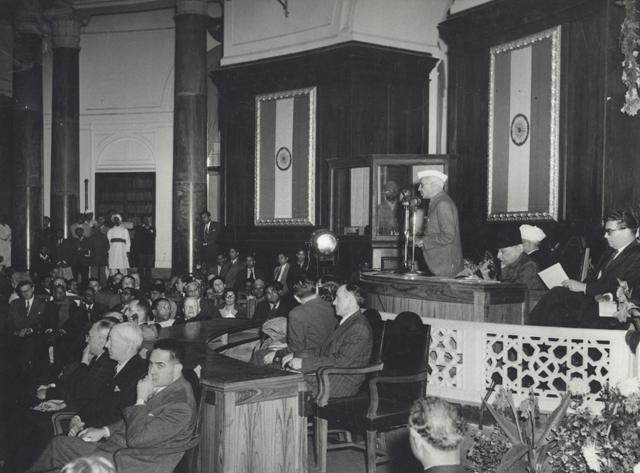
Another of its major early projects was to write an ambitious history of mankind, announced in 1951. This project aimed to counteract the Eurocentric histories that had dominated the field to date, and to emphasise the interactions between cultures at each stage of human history. The idea was proposed by Joseph Needham, a chemist, historian and friend of Huxley’s who had a deep interest in how Chinese inventions had influenced the rest of the world throughout the course of history. Needham was head of UNESCO’s science division and a believer that scientific advancement was the major driver of human cultural progress. Collating the works to be included became a political battlefield when the USSR joined UNESCO following Stalin’s death in 1953. It proved impossible to unite around a shared historical narrative, with the Catholic Church also raising objections that the project represented religion as a fundamentally divisive force. Delays took hold and the first volume was not published until 1963, with the final volume published in 1976. Today it is largely remembered as a ground-breaking but ultimately unsuccessful attempt at promoting universalism in a bi- or multi-polar world.

UNESCO led a number of campaigns aimed at protecting heritage sites, most famously to try and protect the Nubian monuments at risk from the construction of the Aswan Dam. In 1972 it published the World Heritage Convention, which built on its development of principles and norms when it comes to protecting cultural heritage. This was followed by the creation of the World Heritage Committee in 1976 and the World Heritage List in 1978. It has successfully protected hundreds of natural and ancient sites but faced criticism over bias in its selection criteria and inadvertently increasing the tourist trail footprint. To this day the list is the most recognisable platform for bestowing prestige on culturally and historically significant locations.
UNESCO has launched dozens of initiatives over the decades to promote its wide-ranging remit, including construction of schools, libraries and museums around the world. More than seventy years after being born to help bring the world together after the traumatic experiences of war, its purpose remains ‘to reaffirm the humanist missions of education, science and culture’.
UNESCO: Philosophy and Foundations, including papers from Julian Huxley, A.J. Ayer, and Jean Paul Sartre
By Simon Hilditch
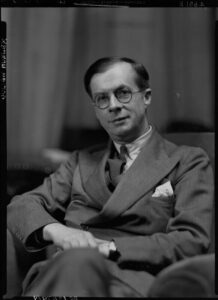
What the sciences discover about the natural world and about the origins, nature and destiny of man is the truth […]
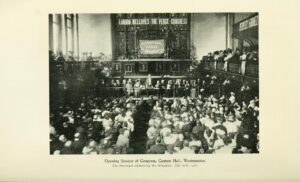
Josephine Gowa was an active member of the Hampstead Ethical Institute (later Hampstead Humanist Society) for over three decades, many […]
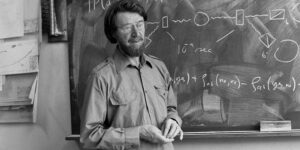
In the beginning natural philosophers tried to understand the world around them. Trying to do that they hit upon the […]
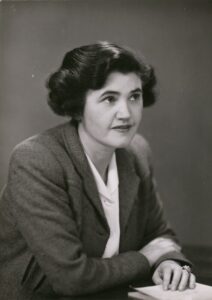
Jennie Lee (also known as Baroness Lee of Asheridge) was a Scottish politician and journalist, known for her upfront orating […]